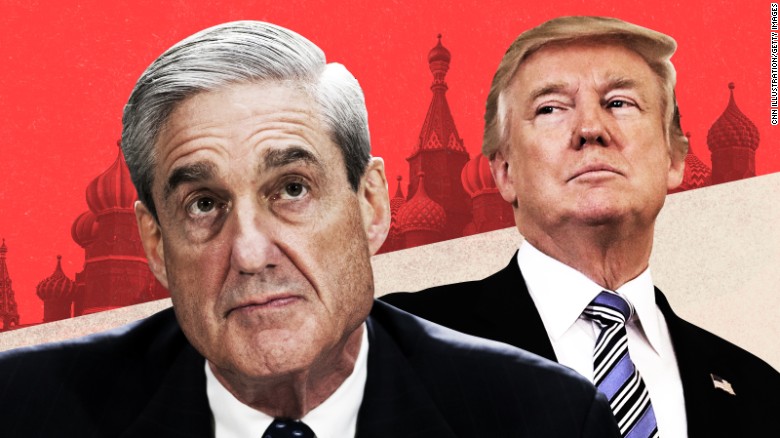Washington (Express Daily)House Intelligence Chairman Adam Schiff is scrapping a Wednesday morning meeting intended to take an “enforcement action” against the Justice Department after it agreed to begin providing the committee with counterintelligence documents from special counsel Robert Mueller’s investigation.
The decision to postpone the business meeting — where Schiff was threatened to take an unspecified action against Attorney General William Barr for not complying with the committee’s subpoena for Mueller’s counterintelligence materials — is a rare sign of the Trump administration and a House panel successfully negotiating around a Democratic subpoena for documents.
The development also is a significant boost to Schiff in his effort to view the special counsel’s investigative materials beyond what was contained in the public Mueller report, especially given the Trump administration’s typical stance of all-out resistance to Democrats’ subpoenas and investigative requests.
Schiff had issued a subpoena for all of Mueller’s counterintelligence materials, but he had proposed that the Justice Department begin the effort by providing 12 specific sets of counterintelligence materials that were referenced in the Mueller report. The Justice Department wrote in a letter to Schiff Tuesday that it was continuing to review the initial tranche of 12 categories of documents Schiff wanted and would make them available “in relatively short order,” so long as he didn’t move forward with an action holding Barr in contempt of Congress.
“The Department of Justice has accepted our offer of a first step towards compliance with our subpoena, and this week will begin turning over to the Committee twelve categories of counterintelligence and foreign intelligence materials as part of an initial rolling production. That initial production should be completed by the end of next week,” Schiff said in a statement Wednesday morning.
“As a result of the Department’s acceptance, the business meeting has been postponed,” Schiff added. “The Committee’s subpoena will remain in effect, and will be enforced should the Department fail to comply with the full document request. The Department has repeatedly acknowledged the Committee’s legitimate oversight interest in these materials. I look forward to, and expect, continued compliance by the Department so we can do our vital oversight work.”
The negotiations between the Justice Department and the House Intelligence Committee appear to have been more fruitful than the department’s negotiations with the House Judiciary Committee, which issued a subpoena for the unredacted Mueller report and the special counsel’s underlying evidence. The Judiciary Committee voted earlier this month to hold Barr in contempt of Congress for not complying, and the Trump administration responded with President Donald Trump asserting executive privilege over the entire report ahead of the vote.
Schiff said last week that he had made the request for 12 sets of documents as a test of whether the Justice Department was acting in good faith in their negotiations with the committee. He didn’t specify what documents he was requesting, but said they were counterintelligence and foreign intelligence materials, referenced in the Mueller report and clearly not covered by executive privilege. The materials are likely to aid Schiff in his committee’s separate investigation into the President and his administration, in which Schiff has focused on the President’s finances and possible foreign influence.
In its letter to Schiff on Tuesday, the Justice Department said it had “already begun the process of identifying, locating and reviewing the materials potentially responsive to the categories of documents.” The letter also reiterated the department’s offer to make a less-redacted version of the Mueller report — which omits grand jury material — available to the full House and Senate Intelligence Committees.
So far, Democratic leaders in both chambers have rejected the Justice Department’s proposal to read the less-redacted report, arguing they need to see the full document with no redactions. It’s not clear if that stance will change now that the full House and Senate Intelligence Committees are allowed to view the less-redacted report.
